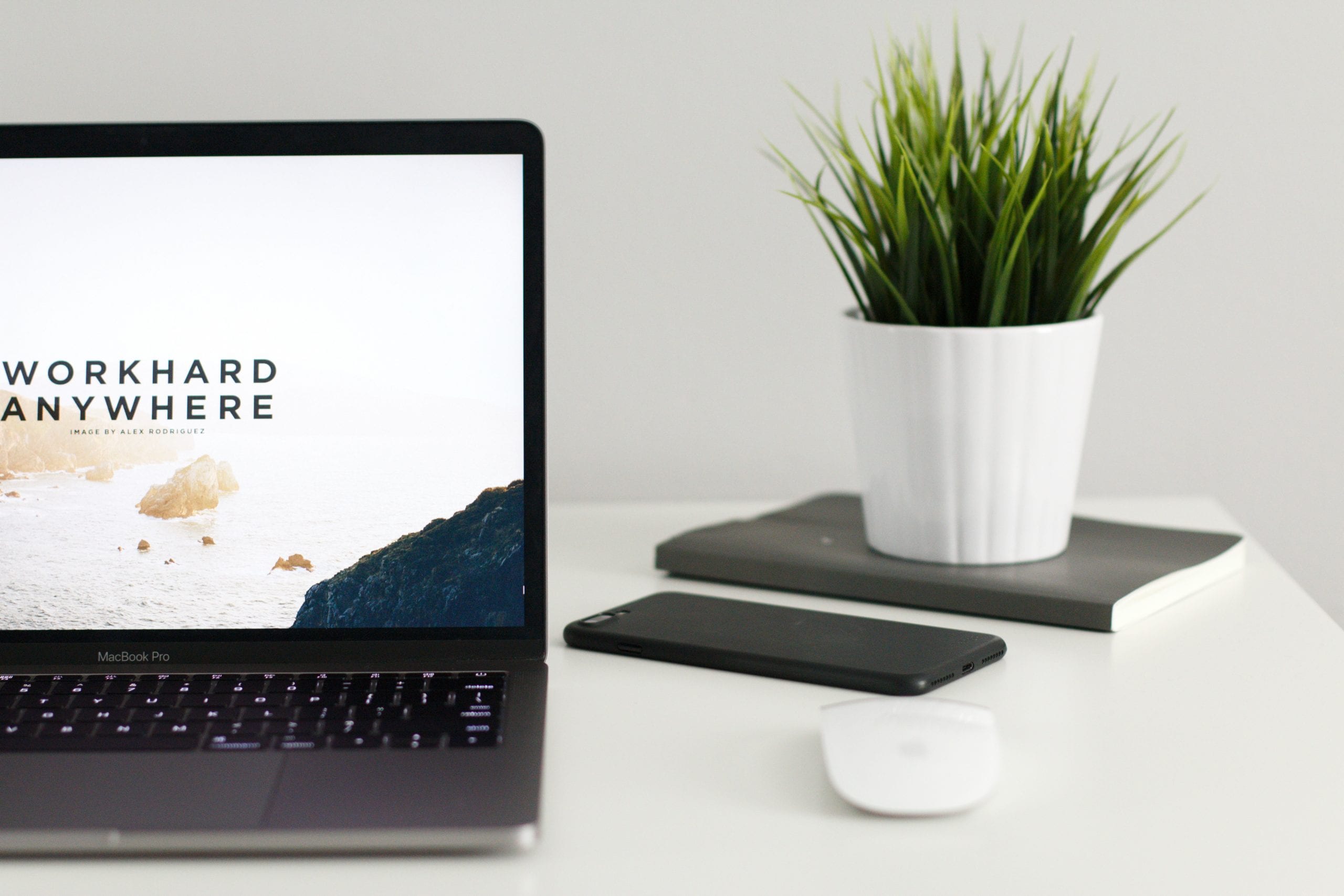Introduction
Elder care is a crucial part of healthcare, and it’s important to find ways to best support our aging loved ones. Remote home health nurses play a vital role in this area by providing necessary care to elderly patients from a distance. This type of care is becoming more popular, and for good reason.
Remote home health nurses offer many benefits, such as personalized care and comfort for the elderly. By using advanced technology, they can monitor patients, provide medical advice, and ensure the well-being of their patients without being physically present. This approach not only enhances the quality of care but also helps in making healthcare more accessible.
1. Responsibilities of Remote Home Health Nurses in Elder Care
Remote home health nurses have several important duties that help elderly patients maintain their health and well-being. Here are some key responsibilities:
- Monitoring Health Conditions
Remote home health nurses keep track of patients’ health conditions by regularly reviewing their vital signs, symptoms, and overall well-being. This monitoring helps catch any potential health issues early, allowing for timely intervention.
- Administering Medication
One of the main tasks of these nurses is to manage and oversee medication administration. They ensure patients take their medications correctly and on time, which is crucial for managing chronic conditions and preventing complications.
- Providing Health Education
Remote nurses educate patients and their families about managing their health. They offer guidance on topics like nutrition, exercise, and managing illnesses. This education empowers patients to take an active role in their health care.
- Coordinating with Other Healthcare Providers
These nurses often work closely with doctors, therapists, and other healthcare professionals. They share vital information and collaborate to provide comprehensive care tailored to the patient’s needs.
Remote home health nurses play a vital role in ensuring elderly patients receive the care they need. Through monitoring, medication management, education, and coordination, they help keep seniors healthy and safe.
2. Benefits of Remote Home Health Nursing for Elderly Patients
Remote home health nursing brings numerous advantages for elderly patients, making it an effective solution for many families. Some key benefits include:
- Comfort of Home
Elderly patients often feel more comfortable receiving care at home. Being in a familiar environment can reduce stress and anxiety, leading to better health outcomes.
- Personalized Care
Remote nurses can offer personalized care tailored to each patient’s specific needs. They can create individualized care plans that address the unique health issues of their patients, ensuring a higher quality of care.
- Better Access to Health Services
Remote nursing removes the need for frequent trips to healthcare centers. This can be especially beneficial for elderly patients with mobility issues or those living in rural areas with limited access to healthcare facilities.
- Cost-Effective
Remote healthcare can be more affordable than traditional in-person visits. It eliminates travel costs and reduces the need for hospital stays, resulting in overall cost savings for patients and their families.
- Continual Support
Patients receive continuous support through regular check-ins and virtual visits. This ongoing relationship helps remote nurses keep a close watch on their health and address any issues as they arise.
Remote home health nursing offers significant benefits that enhance elderly patients’ quality of life. By providing personalized care, reducing costs, and allowing patients to stay in their homes, it ensures better health outcomes and satisfaction.
3. Technology Tools Used by Remote Home Health Nurses
Technology plays a crucial role in enabling remote home health nurses to provide effective care. Here are some key tools they use:
- Telehealth Platforms
Telehealth platforms allow nurses to conduct virtual visits with patients. Through video calls, they can perform visual assessments, discuss health concerns, and offer medical advice without needing an in-person visit.
- Remote Monitoring Devices
These devices track vital signs like blood pressure, heart rate, and blood glucose levels. The data collected is sent directly to the nurse, who can monitor the patient’s health in real-time. This helps in early detection of potential issues.
- Electronic Health Records (EHRs)
EHRs store all patient information digitally. Nurses can easily access medical histories, test results, and treatment plans, which helps them make informed decisions quickly. This digital record-keeping also ensures efficient coordination with other healthcare providers.
- Medication Management Apps
These apps help nurses manage and track medication schedules. They ensure that patients take their medications correctly and on time, reducing the risk of errors.
- Communication Tools
Messaging apps and video conferencing tools like Zoom ensure constant communication between nurses, patients, and other healthcare providers. These tools facilitate continuous support and quick response to any health-related concerns.
By using these advanced technology tools, remote home health nurses can provide high-quality care efficiently and effectively.
How Remote Home Health Nurses Improve Elder Care Outcomes
Remote home health nurses significantly enhance the quality of elder care. Here’s how they contribute to better outcomes:
- Preventative Care
By regularly monitoring patients, remote nurses can identify potential health issues early on. Early detection allows for timely interventions, preventing more serious health problems down the line.
- Personalized Attention
Remote nurses offer personalized care that caters to each patient’s unique needs. This individualized approach ensures that all aspects of the patient’s health are addressed, leading to better overall well-being.
- Consistent Monitoring
Continuous monitoring and frequent check-ins help maintain the health of elderly patients. Regular updates and adjustments to care plans are made based on real-time data, ensuring that patients receive the most effective care.
- Improved Accessibility
Remote health care makes it easier for elderly patients to receive medical attention without leaving their homes. This reduces the physical and emotional stress associated with traveling to a healthcare facility.
- Reduction in Hospital Visits
By managing health issues proactively, remote nurses help reduce the number of hospital visits and stays. This not only lowers healthcare costs but also reduces the risk of hospital-acquired infections.
Remote home health nurses play a crucial role in improving elder care outcomes by providing preventative care, personalized attention, and continuous monitoring.
Conclusion
Remote home health nurses are essential to elder care, providing valuable support and ensuring the well-being of elderly patients. Their responsibilities cover a wide range of tasks, from health monitoring to coordinating with other healthcare providers. The benefits of remote home health nursing are many, including personalized care, better access to health services, and cost savings.
If you’re ready to see how remote home health nursing can benefit your loved ones, contact us at CrewBloom today. Let us help you find the best remote talent and healthcare professionals to ensure the best care for your elderly family members.







